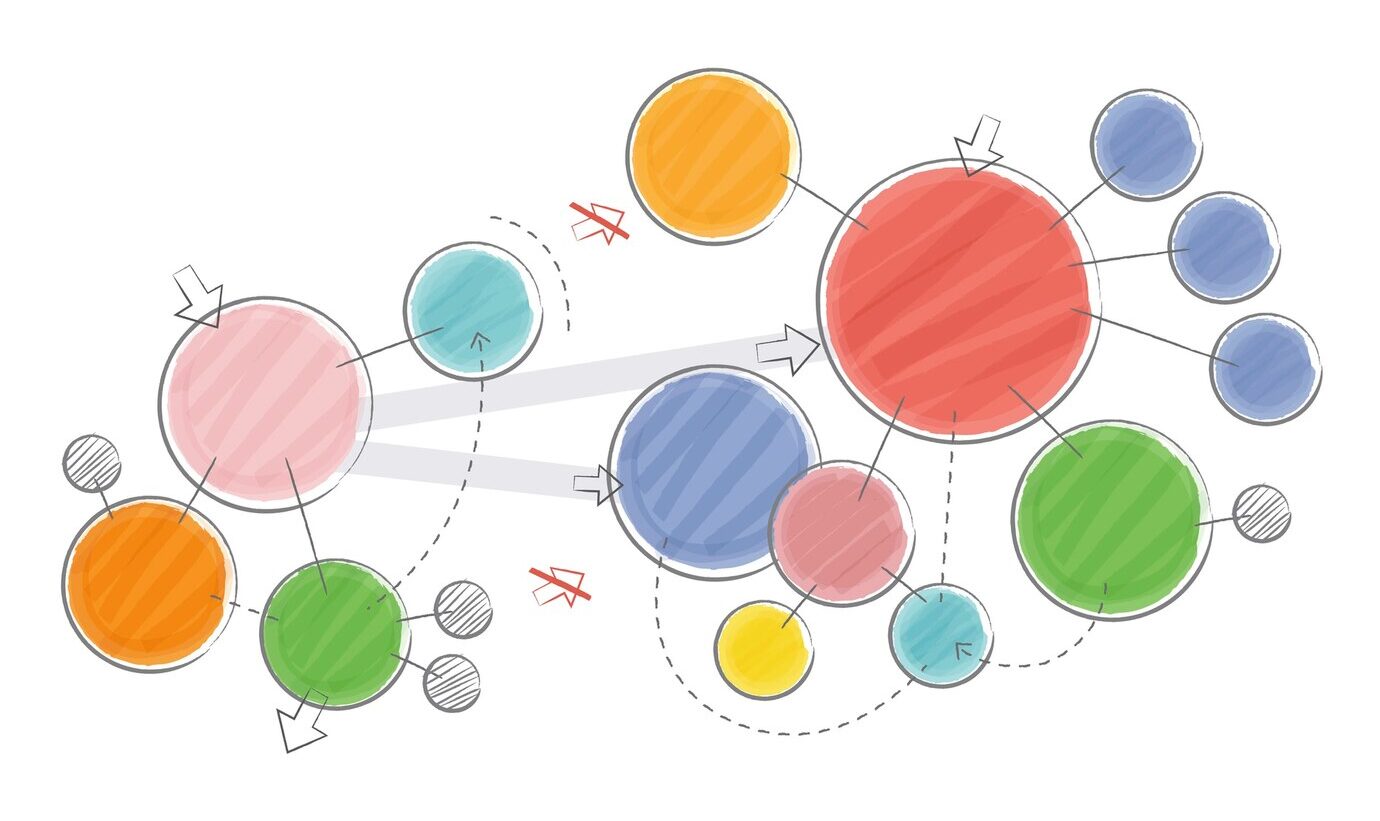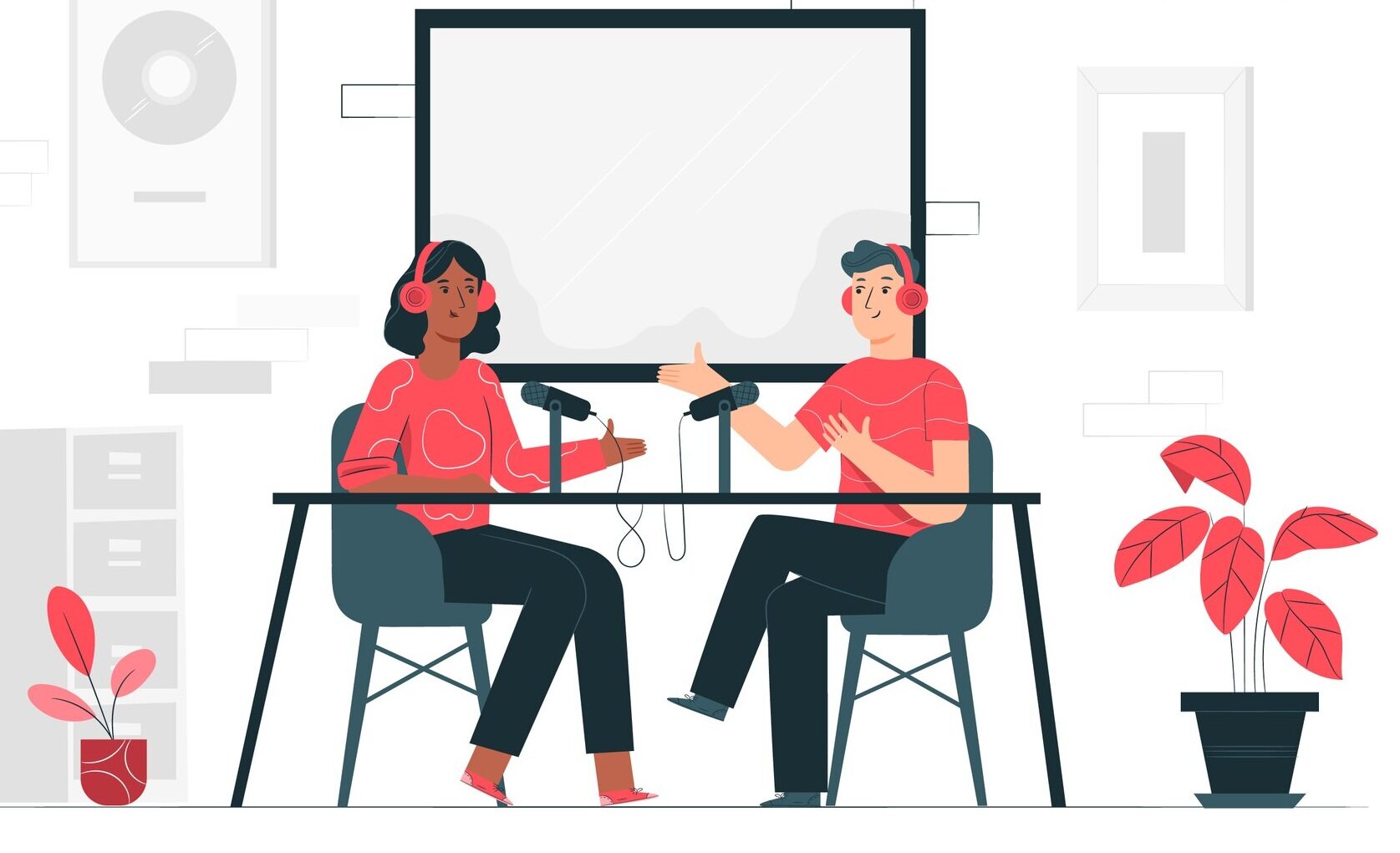Home
Women's underrepresentation in physics and what education has to do with it
It’s great to see you here — whether you’re student, educator, parent, researcher, activist or simply someone interested in the topic.
This project takes a closer look at physics education through the lens of the female gaze, that is, it investigates women’s underrepresentation in physics and the role of education in it. On this homepage, you’ll find…
- … a first introduction to the problem,
- … an outline of the concrete questions we will try to answer,
- … an overview of the different sections on this website and how they tackle these questions.
What’s the problem?
We could easily answer this question with statistics or reference to the literature on the topic of women in physics (and we’ll get there in the Analysis part). In very practical terms, let me illustrate the problem with a brief excursion to a language issue I came across during my work on this project.
|
In order to recruit participants in German universities, I designed a flyer. Unlike English, the German language encodes gender in words. For example, a male teacher would be ‘Lehrer’, a female teacher is a ‘Lehrerin’. The same applies to the word for student, ‘Student’ vs ‘Studentin’. I was looking to recruit specifically female physics students (‘Physikstudentinnen’), and specified so in the text. Google Documents’ autocorrect function marked this word as incorrect and made a clever suggestion for correcting my “mistake”: ‘Physikstudenten’, the male form of physics students.
|
I think this anecdote captures the heart of the problem quite tangibly: Women in physics face what has been called “a smog of bias”1. So let’s take a closer look and demystify some of this smog.
What does education have to do with it?
The problem is of course multi-faceted. But the way physics is experienced by learners in their secondary and tertiary education — that means, in middle/high school and at university — is one crucial component to understanding why young women choose (not) to go into physics. Concretely, this project can be divided into three parts that build upon each other, tackling different questions in different formats:
| Analysis | Voices | Visions | ||
|---|---|---|---|---|
| What do statistics tell us about female participation in physics?
What role do learners, teachers, curricula and cultural narratives play? |
How do these factors manifest in practice? | Where do we go from here? | ||
 |
 |
 |
||
|
A mind map connecting and analyzing existing research on the topic to gain an in-depth understanding
|
A podcast series with interviews and stories to make the abstract personal | A foresight journey we embark on together to co-create physics education futures | ||
|
Over the course of these three parts of the project, we deconstruct gender-related issues in physics education, and reconstruct alternative futures for it.
|
||||
These parts are designed as a linear progression from Analysis over Voices to Visions. Additionally, they are supported by more information about the project, myself and theory framing the project. Of course, some parts may be more relevant to you than others — just grab a cup of coffee and have fun exploring!
Ready? Let’s dive in!
¹Kost-Smith, L. E., Pollock, S. J., & Finkelstein, N. D. (2010). Gender disparities in second-semester college physics: The incremental effects of a “smog of bias”. Physical Review Special Topics – Physics Education Research, 6(2), 020112. https://doi.org/10.1103/PhysRevSTPER.6.020112
Credits: All clip art and images on this site are designed by FreePik, unless indicated otherwise.


